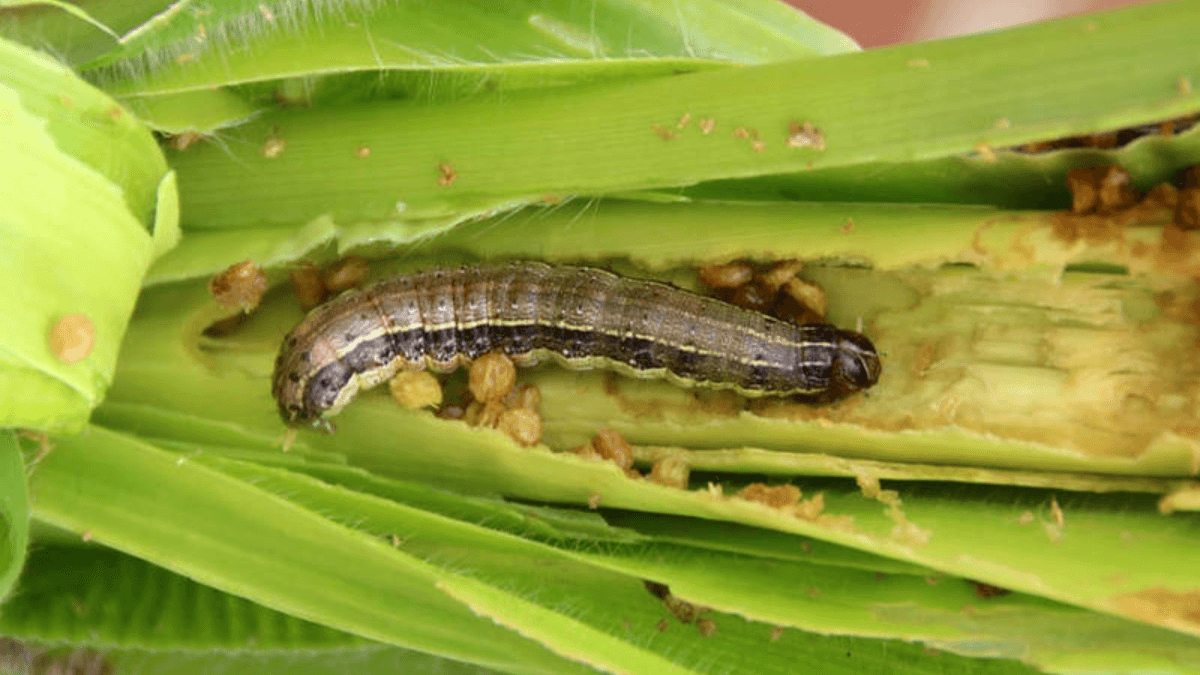News in brief:
– Ekiti State warns farmers about a Fall Armyworm outbreak, urging immediate action using Integrated Pest Management.
– The government offers botanical and chemical methods to control the pest and prevent severe maize crop losses.
The Ekiti State government has issued an urgent advisory to farmers about a recent outbreak of Fall Armyworm (FAW), a pest that has plagued maize crops across the globe. This warning, delivered by Ebenezer Boluwade, the State Commissioner for Agriculture and Food Security, emphasizes the critical need for immediate action to prevent significant crop losses.
This destructive pest is native to the Americas and was first detected in Nigeria in 2016. It has since spread across Africa, Asia, and beyond. The pest targets maize—a staple food crop for millions—causing extensive damage and, in severe cases, total crop failure.
To combat this threat, the Ekiti State government recommends an Integrated Pest Management (IPM) approach; a sustainable way to manage pests by combining multiple control methods, including:
- Cultural control: Practices like crop rotation and proper timing of planting to reduce pest populations.
- Biological control: Using natural enemies of pests, such as certain insects or pathogens, to control FAW.
- Botanical control: Using plant-based pesticides made from neem leaves and wild Mexican sunflowers, which are readily available in Nigeria.
- Chemical control: The strategic use of pesticides, such as Caterpillar Force and Cypermethrin, to target FAW populations.
Combining these methods helps reduce the reliance on chemical pesticides, which can lead to resistance and environmental harm.
Boluwade also highlighted some practical, low-cost solutions for farmers like the above-mentioned neem leaves and wild Mexican sunflower mixture. Allowing it to soak and macerate in water before spraying on maize plants makes it an effective measure. Another option is applying a mixture of chili pepper and wood ash directly to the plants, a technique that has proven effective in many regions.
Experts stress the importance of early detection and timely intervention. FAW larvae are most vulnerable when they are small, making it crucial for farmers to monitor their crops regularly. Early action can prevent the pest from causing irreparable damage.



